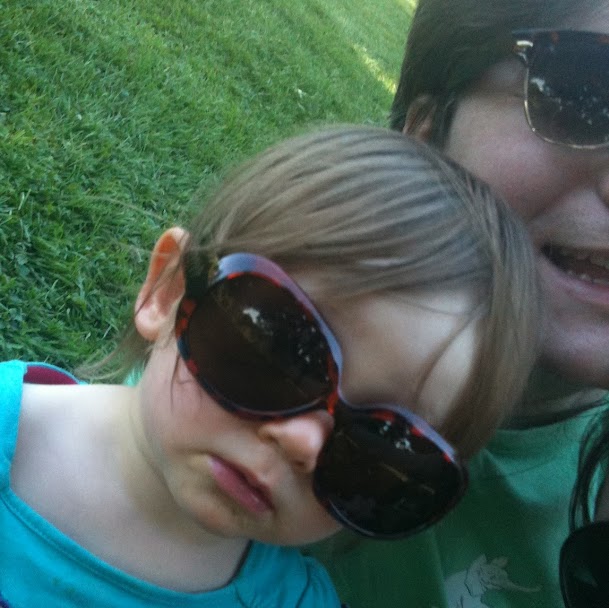Legba and chums
So anyway about this voudoun ceremony. The important things to remember are:
1. Yes, several chickens did perish
2. Yes, I did watch
3. Yes, I am therefore a very lapsed vegetarian
4. At least the chooks were drunk on palm wine at the time
It all came upon us a bit by accident. We were being taken out on a tour of some of the local villages by a man named Doctor Foue. He wasn't a proper doctor, but he wore a pair of gold-rimmed mirror shades so, along with the name, the whole setup commanded a bit of respect.
We'd cruised round the lagoon for a little while - peeking at a mangrove stand, eating coconut flesh, buying crayfish etc - when we came upon a village where the Doctor needed to get a wound on his foot seen to by a real doctor. Wandering through the backstreets, we can hear the sound of drumming coming from a neighbouring compound as he shows us a statue of Legba, a voudoun god who protects villages from thieves etc and in this instance was decked out in a petticoat and an alarmingly-proportioned phallus. As you can imagine, it's all feeling a bit Live and Let Die. However, casting such thoughts aside we ask to go into the compound and find ourselves in the middle of an initiation ceremony.
For the most part, this involves a lot of drumming on a snakeskin talking drum and playing of fish-shaped tubular bells. Some of the older women come up from time to time to do a dance, a samba-like shuffle with much circling of the hands about the hips. A quartered circle is drawn on the ground with white powder, and black powder ignited on top of it; singing is added to the mix, although I haven't the foggiest what it's about. We're sat on plank benches around a thatched shelter, and the "main street" of the compound is stretching away opposite; on the left is an alcove with some votive items in it: a bowl full of water and fresh water-weeds at the entrance, some feathers and reed brushes, paintings of mermaids, women carrying snakes, and three-headed figures. Under a basket next to the entrance to the alcove are the chickens, which are presumably having what they take to be a bit of a party.
Of all places, this is the first place in Benin where we get to encounter a load of English-speakers. One of the villagers - singing now, but normally a drummer - comes up and starts explaining the whole shebang to us. He's learned English because there is - of all things - a Finnish-Beninois cultural centre in town, and there are a couple of Finnish artists who are sitting watching the same ceremony. We're offered some shots of palm wine, which make the whole thing still more pleasant and hazy, and sit listening to the increasingly complex drum rythms. I haven't the foggiest how everyone keeps in time.
Finally the chook's last meal is approaching, and we go off to the alcove; inside a room just off it, something is going on but we can't make out what. A priest slits the chookie's throat and chucks it out of the room, and a young woman comes reeling out, doing the same samba-like dance and with a tear down one cheek.
This all seems very distant now because we've just spent the day grinding through the gears of Beninois bureaucracy. Our lives are now one long struggle to get visas. However, we did decide at lunchtime - when the smog, the bargaining, and the official intransigence, were getting to us a bit much - to splash out on lunch at Cotonou's premier pizza parlour, where we got fantastic woodfired pizza and got to peek over our shoulders at the city's business elite making and breaking deals.
Now don't be upset at me for not eating local food. I did that last night, and it had crab legs in it. Spent half the night with Guezo's revenge, or whatever they call travellers' diarrhoea in these parts. I'll stick to bread, plantain, and woodfired pizza for a few days.

